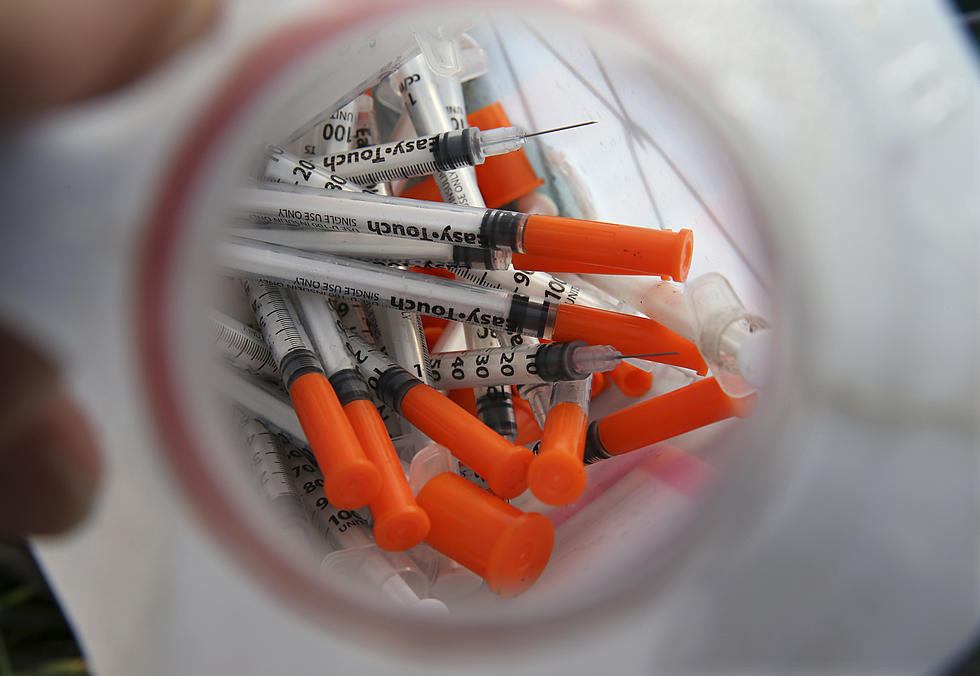
Legislation Proposed to Create NJ Task Force to Tackle Drug Abuse
Legislation to create a task force to tackle New Jersey's growing heroin and prescription drug abuse is being pushed in Trenton.
The legislation is part of a 21-bill package designed to look for lasting solutions to curtail substance abuse.
"We have asked to establish a statewide Opioid Law Enforcement Task Force to talk about strategies for a longer-term response," said bill co-sponsor State Sen. Joe Vitale (D-Woodbridge), chairman of the Senate Health Committee.
One of the emerging and major issues the panel will examine is drug diversion.
"That's when you have individuals who try to beat the system. They get their own prescriptions and they sell them on the street or we have these pill mills where a small number of doctors, but a growing number of physicians are using their medical offices to hand out prescriptions for cash," Vitale said.
The task force would be charged with identifying, investigating and prosecuting illegal sources and distribution of opiate drugs. It would also provide training for law enforcement, physicians, pharmacists and other health care professionals to detect and divert drug abuses.
Unlike many, this task force would not have an expiration date.
"It'll be an ongoing dialogue. We don't want them to issue a report and then say 'We're done' - because the process changes. The problem changes," Vitale said.
Within the 21-bill package is legislation that would educate those receiving prescription medications about the addictive risks those medications might pose to some patients.
The package of bills will also include a review of schools’ substance abuse curriculum and would expand the New Jersey Prescription Monitoring program, by requiring doctors to register and cross reference the online database when prescribing potentially addictive medications.
In addition, some of the bills set to be introduced will address issues that exist in New Jersey when it comes to getting treatment for substance abuse. It includes legislation that would increase the Medicaid reimbursement rate for behavioral health care services in an effort to encourage more doctors to treat Medicaid recipients. Another measure will give those seeking treatment help with their insurance claims.
Also included in the package are bills related to substance abuse of those in prison.
More From WPG Talk Radio 95.5 FM










